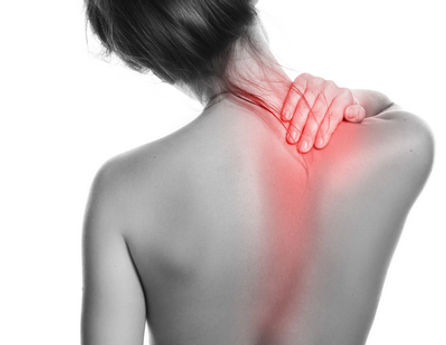Psoriatic arthritis treatment
Schedule an appointment with a professional rheumatologist consultant to get rid of psoriatic arthritis disease. Tap the button below to fill the contact form.
What is psoriatic arthritis?
Psoriatic arthritis is an autoimmune disease caused by the body attacking healthy tissue. The condition can affect many different parts of the body, including skin, nails, joints and entheses, which are places in the body where ligaments attach to bones. Psoriatic arthritis affects men and women equally. The condition can occur in children but typically manifests itself in patients over the age of 30.
The causes of psoriatic arthritis are unknown, although it tends to run in families, and it affects people of European descent more frequently than people of other backgrounds. It is sometimes described as feeling like having two separate conditions - psoriasis and arthritis.

Symptoms and causes
Psoriatic arthritis can result in itchy or painful rashes in various places on the body, including most commonly the scalp, knees and elbows. These rashes may be red and painful, or they may appear white due to an accumulation of dead skin. Psoriatic arthritis can also cause swollen fingers or toes and cracked nails.
Any joint in the body can be affected; the most commonly affected ones are fingers, wrists, ankles and knees. Many patients with psoriatic arthritis experience morning stiffness. The entheses in the body can also be affected and can become inflamed. Patients with psoriatic arthritis often have a low-grade fever and fatigue during a flare, a period that can last from days to months.

Both over the counter and prescription drugs are used to treat psoriatic arthritis, and certain physical therapies and regular exercise can also help reduce symptoms. A combination of nonsteroidal anti-inflammatory drugs (NSAIDs) and steroids can be used; stronger drugs such as disease-modifying antirheumatic drugs (DMARDs) may also be prescribed.
These come in pill, injection and infusion form. Skin should be kept moisturized and soaking in bath salts or oatmeal may help relieve symptoms. Focusing on eating a healthy diet, high in anti-inflammatory foods and fresh fruits and vegetables, and reducing stress can also keep symptoms in check. Patients are encouraged to use fragrance-free laundry detergent and wear clothing made from natural fibers.
Treating psoriatic arthritis







